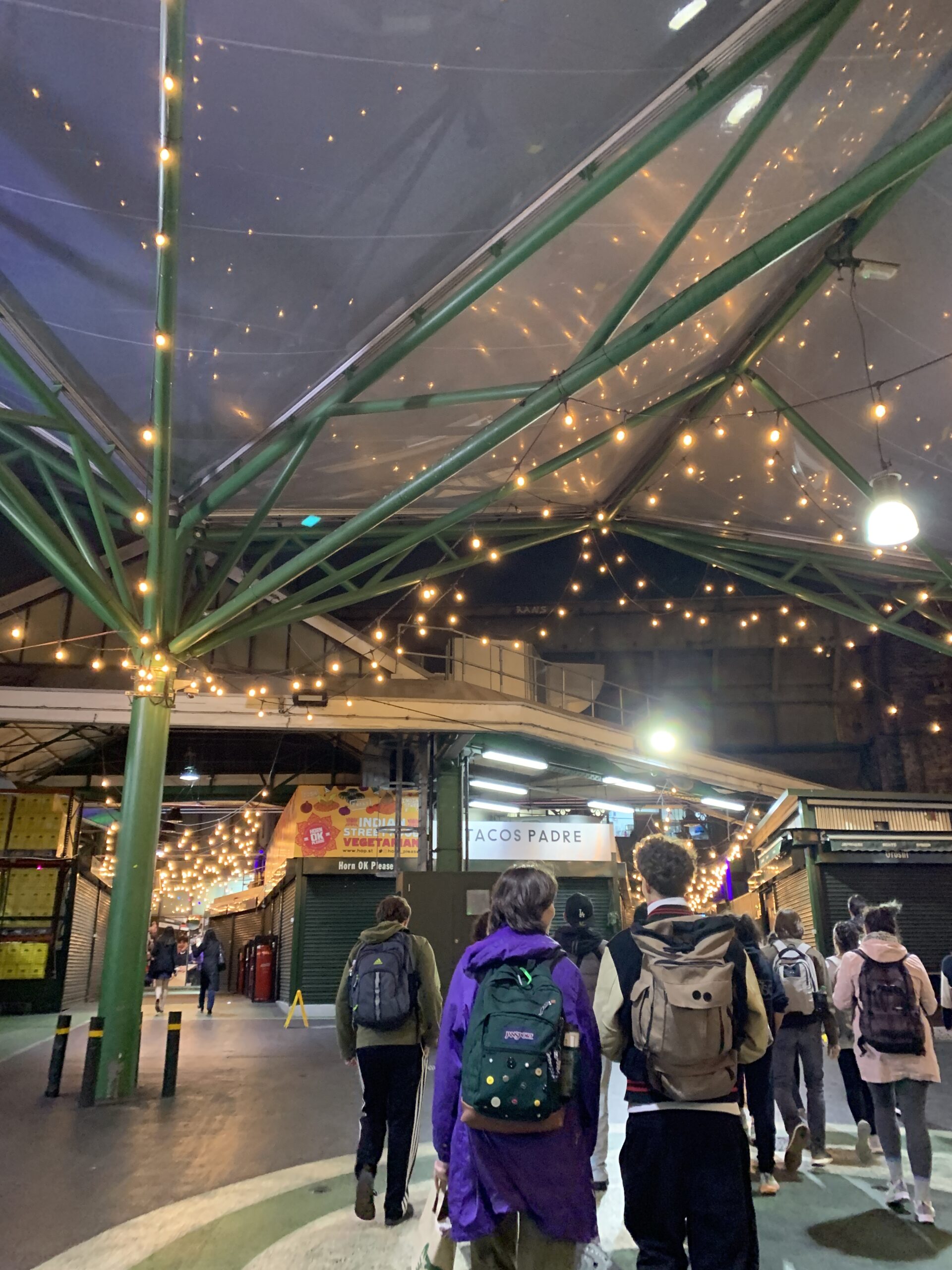
The American: Global Perspectives Abroad
While abroad, I have had many cultural experiences, however, what has forever changed my perspective has been not just my experiences of other cultures but also other’s perception of mine. Over the past two months, I have been in many different areas in London where I have easily been identified as “The American”. Despite having no prior interactions with people globally, there still seemed to be a sense of identity or culture attached to me because of my nationality. Through each of these encounters, I began to reflect on the global pre-conceptions of American culture, and this began to color how and what I shared about my culture.
Within the first week of my program, I received my first global perspective of American culture from one of my classmates. My classmate was originally from Cyprus and had never been to America, but he hoped and dreamed of visiting and exploring the United States. He told me he believed in the “American dream”, and completely loved everything about the country. While I did not ask him what he thought the “American dream” was, the idea of the “American dream” has stuck with me for the last two months, and what that may entail for different people in America and abroad. Moreover, he also showed me how he threw an American culture-themed birthday party decked out with American flags, pizza, hot dogs, red solo cups, denim jeans, and more. Seeing photos of his party was shocking as I had never seen a replication of American culture, and I was now in a position to view my culture in a new light. This experience forced me to gain further awareness of my culture abroad and prepared me to move past my viewpoint and look toward others.
Furthermore, while interacting with some students living in my accommodation, I also got a look at other global pre-conceptions of American culture. While speaking to students, the topic of voting came into discussion, and students from different countries began to compare their country’s political system to America’s. One student from China vehemently acknowledged how in comparison to China America’s voting system and democracy allowed for citizens to have more power within their government. Another student from Great Britain explained how the United Kingdom’s voting system compared to America’s was, in their opinion, ineffective for constituents. Listening to these varying pre-conceptions about America’s political culture pushed me into thinking about my culture on a global scale and how to consider these perspectives when creating my sharing of American culture.
When sharing my American culture, I focused specifically on my truthful experiences. I did not want to emulate the global perspectives of American culture, nor did I want to create a fictional depiction of it; I wanted it to be true. Therefore, in explaining my culture, I mostly stuck to showing my unique New Orleans culture by describing Creole and French cuisine, Mardi Gras, second lines, festivals, and more. I hoped that everything I shared was a new view into American culture and educational rather than sensational. In my last weeks abroad, I endeavor to craft a narrative of America for people globally that represents the reality of my American culture.
